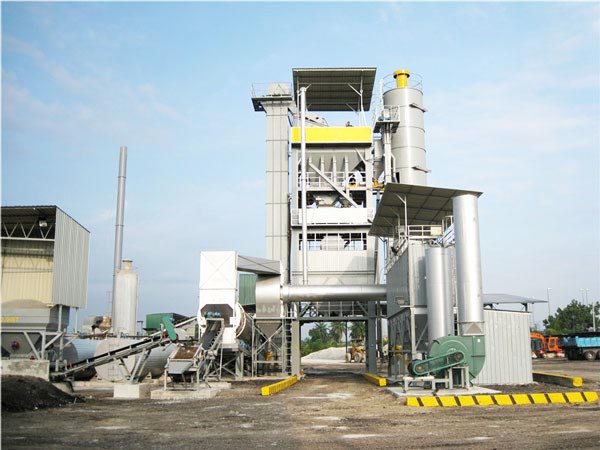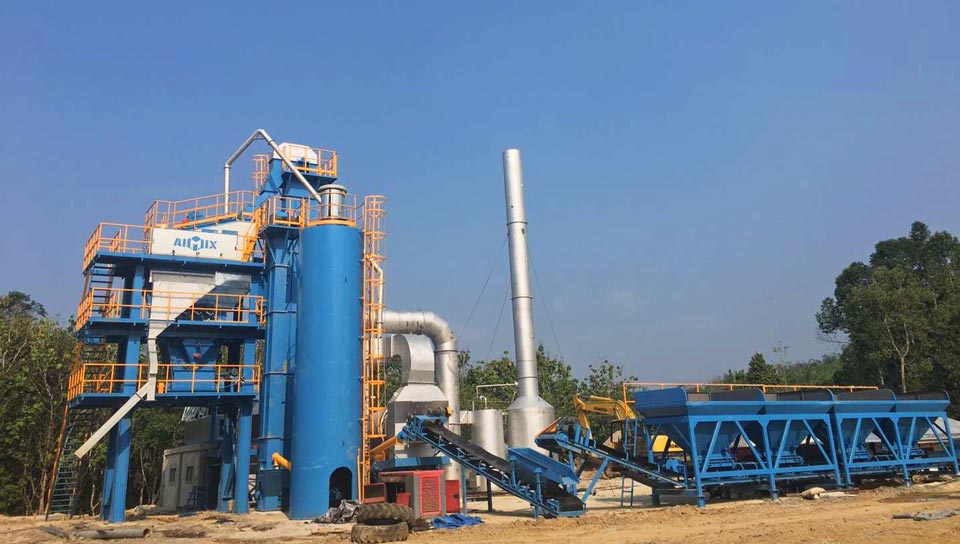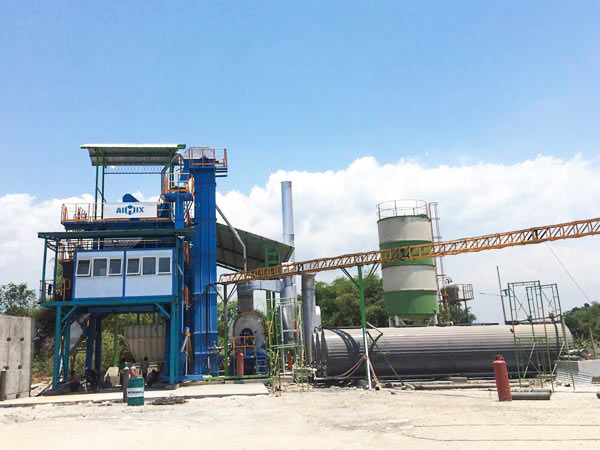An asphalt plant is a facility used for the production of asphalt, which is a versatile material widely used in road construction. Asphalt equipment offer several advantages over alternative methods of producing asphalt, making them an essential component of the construction industry.

Advantages
1. Efficient Production Process
Asphalt plants provide a highly efficient and continuous production process. They are designed to produce asphalt at a rapid pace, enabling large quantities of asphalt to be produced within a short timeframe. This ensures a steady supply of asphalt for road construction projects, reducing downtime and improving overall project efficiency.
2. Customizable Mixes
One of the key advantages of asphalt plants is their ability to produce customizable asphalt mixes. By adjusting the composition of aggregates, binders, and additives, asphalt mix plant can create blends with specific properties tailored to meet the requirements of different road surfaces. This allows for the production of asphalt mixes with varying characteristics such as durability, stability, skid resistance, and noise reduction.
3. Cost-Effective Solution
Asphalt plants offer a cost-effective solution for asphalt production. Due to their economies of scale, they enable large-scale production, resulting in reduced overall cost per ton of asphalt produced. Moreover, having an on-site asphalt plant eliminates the need for transportation costs associated with sourcing asphalt from external suppliers, further contributing to cost savings.
4. Improved Quality Control
With an asphalt plant, quality control measures can be implemented throughout the production process. Rigorous testing and monitoring ensure that the produced asphalt meets specified standards and adheres to project requirements. The ability to monitor and adjust mix composition and production parameters helps maintain high-quality standards, resulting in durable and long-lasting road surfaces.

5. Environmentally Friendly
Modern asphalt plants incorporate advanced technologies to minimize their environmental impact. These plants often utilize recycling techniques, such as incorporating reclaimed asphalt pavement with asphalt paving machine (RAP), into new asphalt mixes. This practice reduces waste and conserves valuable resources. Additionally, advanced emission control systems are employed to mitigate air pollution during the production process, making asphalt plants more environmentally friendly.
6. Increased Flexibility
An on-site asphalt plant provides increased flexibility in project scheduling. Construction crews can have immediate access to freshly produced asphalt, enabling them to respond swiftly to changing project requirements or weather conditions. This flexibility reduces potential delays and ensures efficient project execution, ultimately saving time and resources.

Conclusion
Asphalt plants offer numerous advantages in road construction, making them an integral part of the industry. Their efficient production process, ability to produce customizable mixes, cost-effectiveness, improved quality control, environmental friendliness, and increased flexibility contribute to the construction of durable and high-quality road surfaces. By utilizing hot mix asphalt plants, construction projects can benefit from enhanced productivity, reduced costs, and improved sustainability.